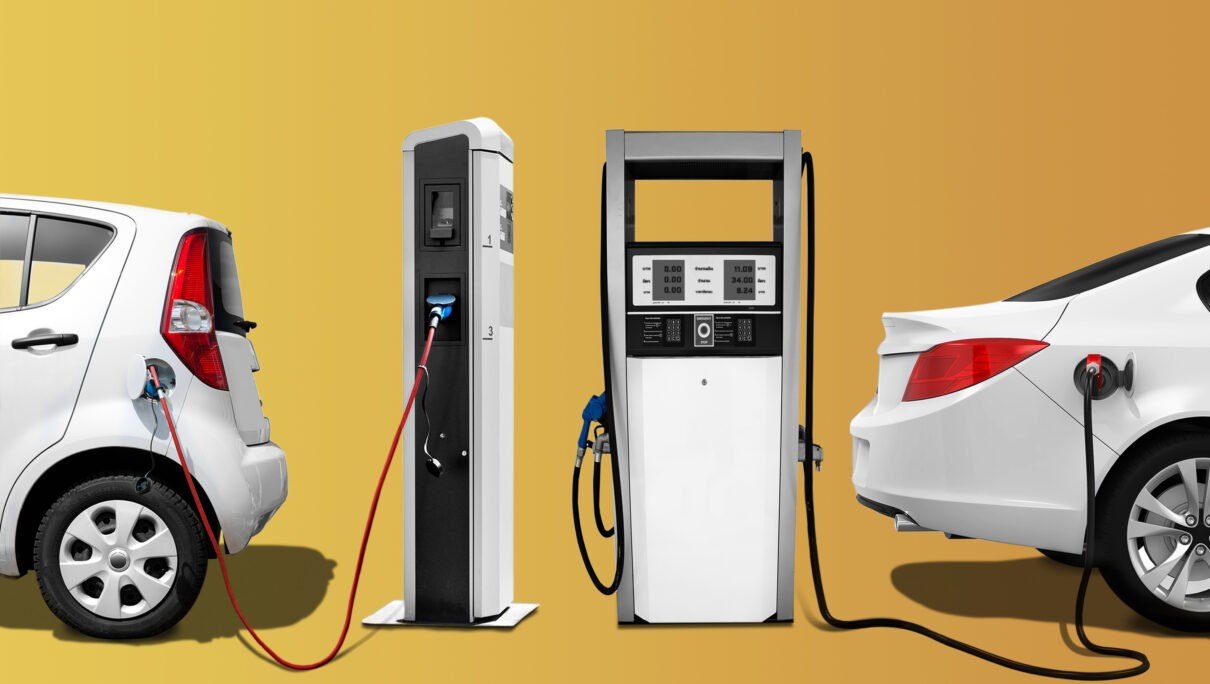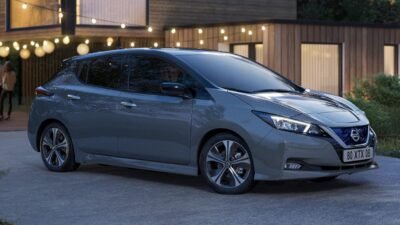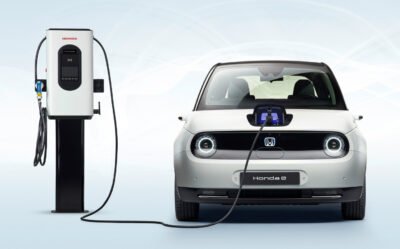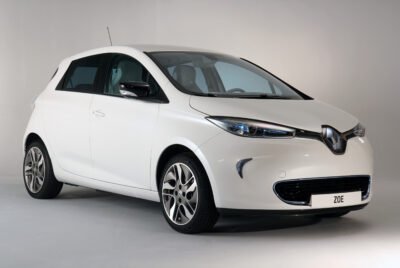The automotive industry is constantly evolving, and new technologies are regularly introduced to the market. One of the most significant advancements is the development of electric vehicles. More and more people are opting for these non-polluting vehicles, but are they really a better option than combustion vehicles? In this article, we will examine the advantages and disadvantages of both types of vehicles to determine which is the best choice.
Combustion Vehicles: The Traditional Choice
Combustion vehicles have been the traditional choice of consumers for many years. They are available in a wide variety of models and sizes, offering options for all driving needs. We will examine the advantages and disadvantages of combustion vehicles and explain why they continue to be a popular option.
Electric Vehicles: The Ecological Choice
Electric vehicles are becoming increasingly popular due to their low environmental impact. Unlike combustion vehicles, they do not produce harmful exhaust gases for the environment. In this section, we will examine the advantages of electric vehicles, including their low operating costs and limited environmental impact.
Short-Term Costs of Both Options
The initial costs of electric vehicles are generally higher than those of combustion vehicles. However, the operating costs of electric vehicles are often lower due to the low cost of electricity. In this section, we will examine the short-term costs of both options to determine which is the most economical.
Long-Term Costs of Both Options
The choice of a vehicle can depend on several factors, but cost is often a key decision criterion. Electric cars and internal combustion cars present significant differences in terms of costs, both in the short and long term.
Initial Costs:
Electric cars tend to be more expensive than internal combustion cars. This is mainly due to the high cost of batteries. However, the cost of batteries has decreased considerably in recent years, and it should continue to decrease. Government subsidies can also reduce the purchase cost of an electric car.
Maintenance Costs:
Electric cars generally have fewer moving parts than internal combustion cars, which means they require less maintenance. For example, there is no oil change or air filter replacement required for an electric car. The brakes of an electric car also last longer because most of the energy is recovered during braking. The cost savings of electric car maintenance can offset the higher initial cost.
Energy Costs:
Electric cars are more energy-efficient than internal combustion cars. Depending on the cost of electricity and gasoline, the cost of energy to power an electric car can be considerably lower than that of an internal combustion car. Electric car owners can also install solar panels on their homes to produce their own energy.
Environmental Costs:
Electric cars have a significantly lower environmental impact than internal combustion cars. Greenhouse gas emissions and air pollutants are considerably reduced with an electric car. Although internal combustion cars have also reduced their emissions, they continue to produce greenhouse gases and air pollution.
Resale Costs:
Electric cars may have a higher resale value than internal combustion cars due to their longer lifespan and low maintenance costs. This means that the total cost of owning an electric car can be considerably lower than that of an internal combustion car, even if the initial cost is higher.
Ultimately, the choice between an electric car and an internal combustion car will depend on individual needs and preferences. However, it is important to consider the long-term costs of both options to make an informed decision.






